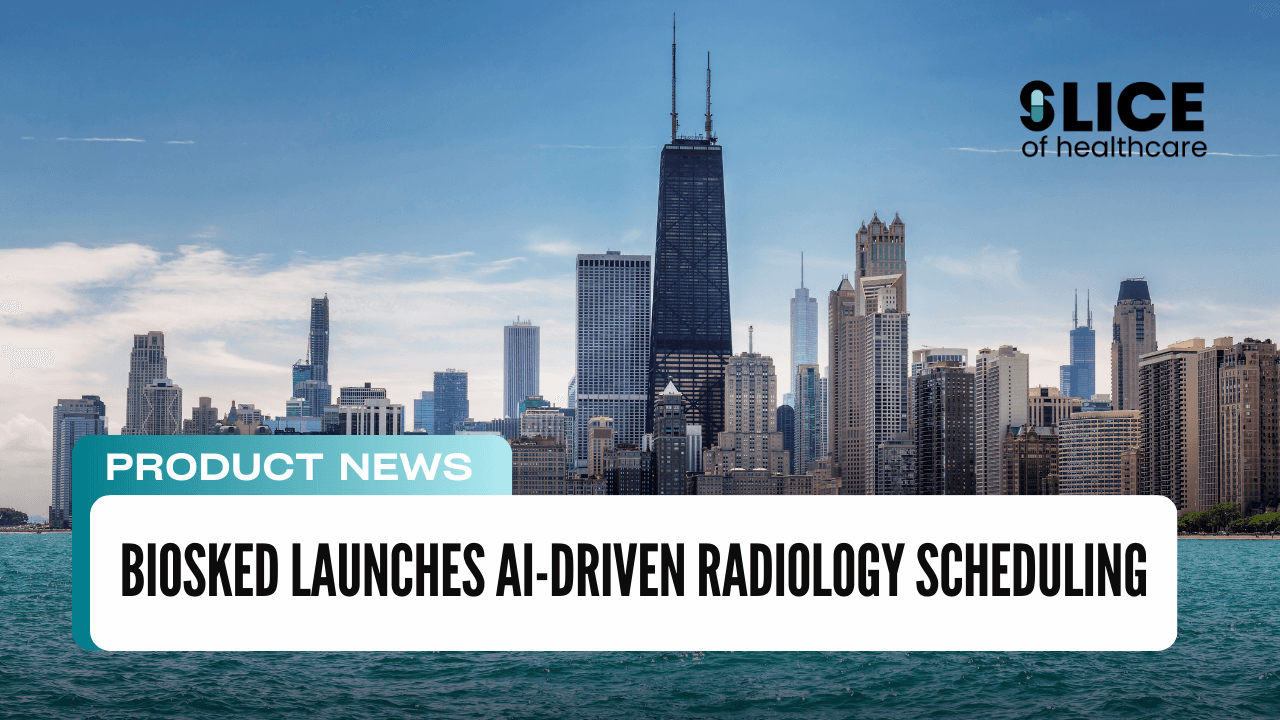#20 – AI-Powered Healthcare: Optimizing Clinical Workflows & Patient Care

Our Guests
In This Episode, We Discussed:
- Gen AI in Clinical Workflow: Dr. Tina Shah of Abridge discusses the revolutionary impact of Gen AI on clinical workflows, from real-time patient summaries to pre-populated orders.
- Platform vs. Point Solutions: John Beadle of Aegis Ventures explains the shift from point solutions to platform-based approaches in healthcare innovation, emphasizing scalability and integration.
- AI in Patient Engagement: The discussion covers innovative uses of AI in patient engagement, including personalized care journeys and automation of back-office processes.
- The Role of Small Language Models: Both experts highlight the importance of small language models tailored to specific healthcare tasks, contrasting them with larger, more generic foundation models.
Watch
Listen
Read More on Gen AI Clinical Applications In Healthcare
Introduction
In the fourth installation of Health AI for Dummies, Missy Krasner welcomes two industry leaders, Dr. Tina Shah, Chief Clinical Officer at Abridge, and John Beadle, Co-founder and Managing Partner at Aegis Ventures. The conversation centers on the clinical applications of Gen AI in healthcare and the shift towards platform-based solutions that integrate deeply with existing healthcare infrastructure.
The Rise of Gen AI in Healthcare
The healthcare industry is witnessing a significant investment in Gen AI, particularly in clinical applications. Dr. Tina Shah highlights the transformation from traditional methods of documentation to AI-driven summarization and automation, which are reshaping how clinicians interact with electronic health records (EHRs) and manage patient care. Shah's journey from burnout to becoming a leader in healthcare technology underscores the importance of designing systems that work for clinicians, not against them. Abridge, where she currently serves, is pioneering the use of AI to reduce the cognitive load on doctors by automating the creation of patient visit summaries, pre-populating orders, and integrating seamlessly with EHRs.
Platform vs. Point Solutions: The Future of Healthcare Innovation
John Beadle discusses the strategic approach of Aegis Ventures in focusing on platform-based technologies that can extend across multiple healthcare applications. He emphasizes the need for solutions that are not just effective in isolation but can integrate into a broader healthcare ecosystem, offering scalability and flexibility that point solutions lack. Beadle also touches on the importance of AI agent frameworks in automating complex workflows within healthcare, such as discharge planning and patient engagement, which significantly reduce administrative burdens and improve efficiency.
The Role of Small Language Models
A key theme of the discussion is the role of small language models (LLMs) in healthcare. Unlike large, generic foundation models, small LLMs are tailored to specific clinical tasks, offering greater accuracy and efficiency. Both Shah and Beadle stress the importance of owning and iterating on these models to ensure they meet the unique needs of healthcare providers and patients.
AI-Driven Patient Engagement
The conversation also delves into how AI is enhancing patient engagement. Beadle introduces CARE, an AI-driven platform that acts as a personal care concierge for patients, guiding them through their healthcare journey with personalized content, scheduling assistance, and automated follow-ups. This technology not only improves patient satisfaction but also helps health systems manage resources more effectively.
Looking Ahead: The Future of AI in Healthcare
As the discussion wraps up, both experts share their vision for the future of AI in healthcare. Shah envisions AI playing a crucial role in preventive care and value-based care, particularly in rural and underserved areas. Beadle highlights emerging areas such as AI-powered health coaching and therapy, which could revolutionize patient care by making high-quality resources universally accessible.
Conclusion
The integration of Gen AI into clinical workflows and patient engagement strategies marks a new era in healthcare. With leaders like Dr. Tina Shah and John Beadle at the forefront, the potential for AI to enhance care delivery, reduce burnout, and improve patient outcomes is immense. As these technologies continue to evolve, they promise to make healthcare more efficient, accessible, and human-centric. WORD FROM OUR SPONSORS: Our sponsors for this episode are Sage Growth Partners and Quantum Health Sage Growth Partners accelerates commercial success for healthcare organizations through a singular focus on growth. The company helps its clients thrive amid the complexities of a rapidly changing marketplace with deep domain expertise and an integrated application of research, strategy, and marketing. For more information, please go to www.sage-growth.com & follow Sage Growth Partners on social media – @sagegrowthpartners _________ Quantum Health is an award-winning consumer healthcare navigation company that delivers an unparalleled consumer experience based on empathy and trust, enabling employers to achieve industry-leading satisfaction rates and independently validated claim savings. Launched in 1999, Quantum Health’s model is based on years of consumer research and the insights learned from guiding millions of consumers and their providers through their healthcare journey. Visit: https://quantum-health.com/ and follow Quantum health on social media – @Quantum Health
Guest Information
Learn More About Each Guest! - Dr. Tina Shah LinkedIn https://www.linkedin.com/in/tinashahmd/ - John Beadle LinkedIn https://www.linkedin.com/in/johnpbeadle/ Also, be sure to follow Slice of Healthcare on our social channels: - Website - LinkedIn - Twitter - YouTube - Newsletter -


